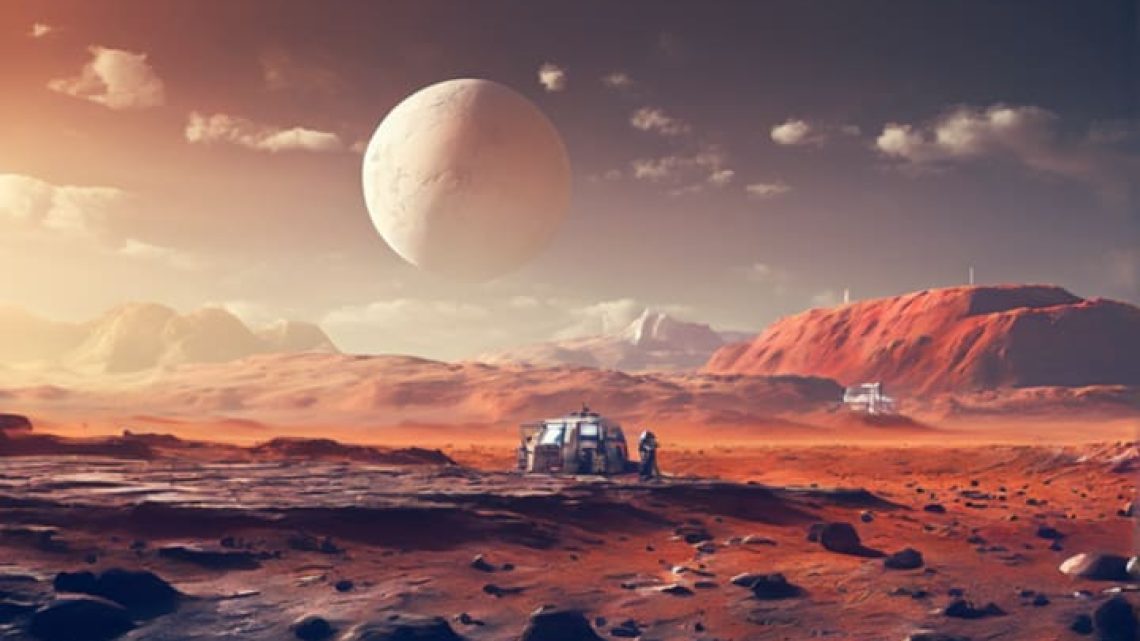
Mars’s Hidden Water: Implications for Future Human Settlements
August 21, 2024A recent NASA study, published in the Proceedings of the National Academy of Sciences (PNAS), suggests that Mars might conceal enough liquid water beneath its rocky surface to fill an ocean. This discovery could revolutionize our plans for human habitation on the Red Planet.
The study’s insights stem from data collected by NASA’s InSight Lander, which landed on Mars in 2018. InSight, which studied seismic activity on Mars and recorded data from over 1,300 marsquakes, ceased operations two years ago.
Researchers analyzed this seismic data from a region known as Elysium Planitia and, using computer models, proposed that underground water might explain the seismic readings. This finding is significant, considering NASA had previously detected liquid saltwater on Mars in 2015.
The latest research indicates that water might be present in fractures between 7.15 and 12.4 miles underground. According to Vashan Wright from the Scripps Institution of Oceanography, if this data is accurate for the entire planet, Mars could hold enough water to create an ocean 0.6 to 1.2 miles deep.
Further investigation with drills and advanced equipment will be required to confirm these findings. Although scientists have long suspected that Mars once had abundant water, recent discoveries, including those by China’s Mars rover, suggest that water might be more widespread than initially thought.
The loss of Mars’s atmosphere is believed to have contributed to its current arid state. Alastair Gunn from the University of Manchester explained that Mars, once protected by a strong magnetic field, lost this shield as its core cooled. This allowed solar winds to strip away the atmosphere, leaving Mars cold and dry.
Despite these harsh conditions, NASA’s Perseverance Rover has successfully generated oxygen on Mars. Amitabha Ghosh, a space scientist with NASA, notes that water is crucial not only for sustaining human life but also for producing rocket fuel.
Efforts to colonize Mars have been underway for years, with Elon Musk’s SpaceX leading the charge. SpaceX’s plans include a spacecraft capable of transporting 200 people to Mars within six months. The United Arab Emirates also has ambitions for a Martian settlement by 2117.
However, the prospect of living on Mars raises significant ethical and financial concerns. Space missions are expensive, with private space travel costing millions. Moreover, there are worries about the potential ecological impact on Mars. Philosophers like Ian Stoner argue that colonizing Mars might harm its pristine environment and potentially disrupt unknown life forms.
A 2023 Pew Research Center survey revealed that most Americans prioritize monitoring Earth’s climate and asteroids over Mars exploration. Katharine Hayhoe from Texas Tech University argues that addressing climate change on Earth should take precedence over space colonization.
To summarize, while the discovery of water on Mars is promising, it highlights the need for more research and raises important ethical questions about our future actions. Mars exploration continues to advance, but there is still much to learn about how humans might sustainably live on the Red Planet.

